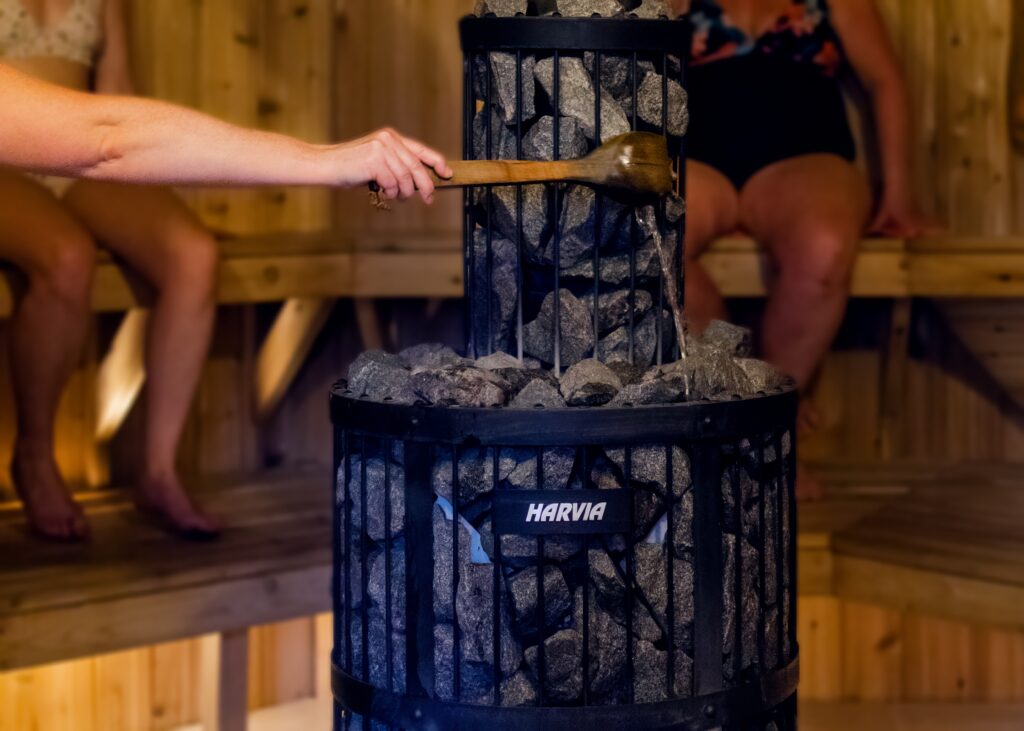In answering the question, “How bad are the bugs at Algonquin Park?”, we first have to know when you are visiting . . .
- Early May is usually bug free. The black flies are still under water clinging to rocks living as submerged nymphs.
- By late May, warmer temperatures encourage the blackness to transform into the adult flying form that is well-known for leaving a large raised bite on the skin. Numbers are still small and the black flies don’t seem to be too interested in biting at least for the first few days they are visible.
- In June, black flies can be very plentiful and on a day when the wind isn’t blowing a bug shirt is a must. Long pants and long sleeves are helpful in keeping black flies at bay. Tucked in socks and a bug shirt – a light mesh shirt worn over clothing and over the head is a walking bug net.
- By late June, early July, blackflies are usually no more, but mosquitoes take centre stage for a few weeks. Mozzies are particularly noticeable at dusk and for the next few hours. By midnight you can wriggle out of your sleeping bag and unzip your tent to enjoy the stars without too many mosquitoes paying attention.
Black flies cause the most problems by wiggling their way under the brim of hats and under waistbands of pants and undergarments. The nice thing is it takes a few minutes for black flies to find purchase and begin making their mark and taking blood from their victims. The wander around on the skin and seek out a hiding spot where the unsuspecting human doesn’t see them and squash them (or for the more polite Algonquin Park traveler – whisk them away). If you are paying attention and giving exposed skin a gentle wipe every four or five minutes you can likely get by without a bite from black flies.
The best way to manage your way and appreciate the quieter June month in Algonquin Park when wildlife is quite plentiful and humans not so is to prepare well. Here are our favourite ways to keep the bugs at bay:
- Limit your time outdoors at dusk. When the wind dies down and the dinner bell rings the black flies and mosquitoes are most noticeable.
- Wear long sleeved shirts and tuck your pantlegs into your socks. Wear a bandana over your hair and neck to keep the bugs from crawling from your neck onto your scalp.
- Find a breeze. Mosquitoes and Black flies have a difficult time tracking you down as a victim when the wind blows. Find a shore where a gentle breeze is blowing and you will encounter far fewer bugs than in the middle of the woods.
- Choose a natural bug repellant that works! Look for lemon eucalyptus bug spray in a pump bottle. It defies blackflies and mosquitoes for up to seven hours! Lemon Eucalyptus doesn’t melt plastic like DEET, the chemical compound used by many woodsmen. DEET works, but it’s toxic as all get out!
- RUN! Black flies and mosquitoes max out at about 4 miles per hour. Most humans can walk that fast. If you keep moving, you’ll be less likely to be victimized.
- Avoid camping near marshes, ponds and bogs. Mosquito habitat!
- Hope for dry, hot weather. Mosquitoes and black flies like damp cooler weather about 10 to 20 degrees C. If you are lucky to have a few dry days with temperatures over 25 degrees C, bugs will be few and far between regardless of the month you are visiting Algonquin Park.
Looking to enjoy the beauty of Algonquin Park but not so hot on the idea of camping? Here at Northern Edge Algonquin, we invite you to unplug in nature for our custom-tailored, multi-day experiences that reconnect and inspire the leader within, nourishing deep connections in our communities.
Our guests sleep comfortably in private or semi-private cozy ecoluxe cabins designed in harmony with our forest home, enjoy nourishing meals crafted with care from locally-sourced ingredients, and participate in specially curated experiences hosted by local guides, facilitators, and storytellers which make use of our lakeside studio and natural gathering spaces.
Check out our retreat calendar for upcoming events, or sign up for our newsletter to get updates about exciting new programs and updates from the edge of Algonquin Park.

You've been signed up to receive news, updates, stories, and special offers from The Edge!



